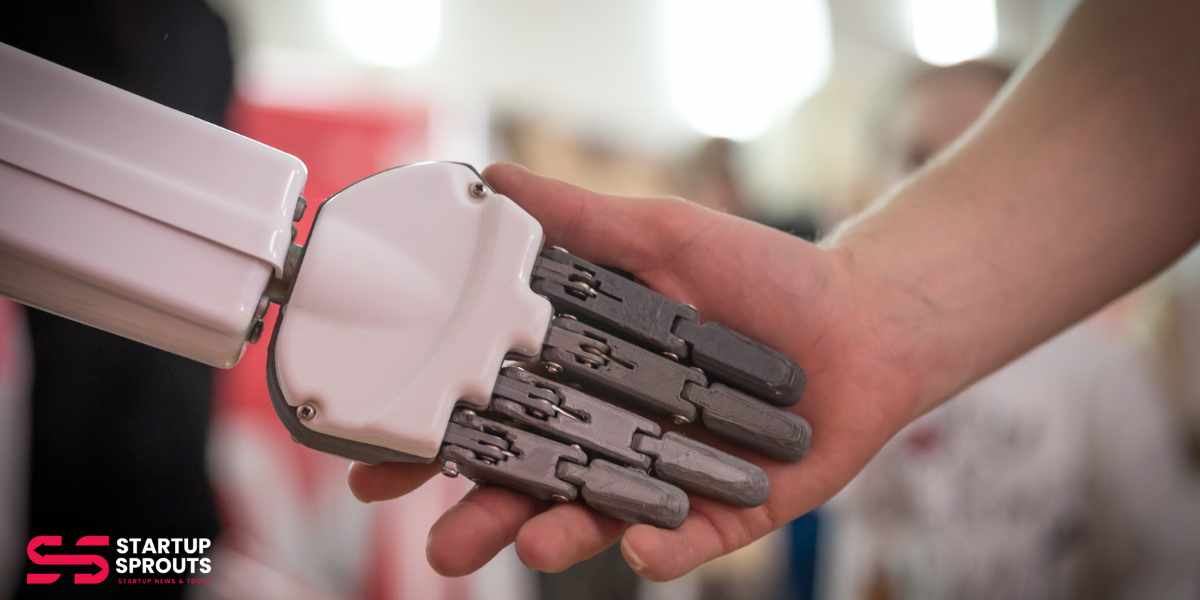OpenAI 1X, Secures an Additional $100M in the Race to Develop Humanoid Robots
In the rapidly evolving landscape of robotics and AI, the quest to perfect humanoid robots has become a defining narrative in the tech industry for 2024. The competition intensified last year, with notable players like Tesla, Apptronik, and Figure unveiling their systems.
Agility made strides toward the finish line, announcing a warehouse pilot with Amazon. Among the contenders, a Norwegian firm named 1X entered the scene with a splash in April, securing a $23.5 million funding round.
What makes 1X stand out is the impressive amount it raised and the key players involved in the funding. OpenAI, a prominent player in the surge of generative AI over the past year, took the lead in the round.
Tiger Global’s participation also adds a significant note. Generative AI, with its transformative potential, is expected to play a crucial role in shaping the future of robotics, and OpenAI‘s endorsement positions 1X as a noteworthy player in this arena.
This week, 1X made headlines again by nearly quadrupling its initial funding with a substantial $100 million Series B round.
While OpenAI’s name has been relegated from the top spot in this round, EQT Ventures takes the lead. With this Series B infusion, 1X’s total funding reaches an impressive $125 million.
At the core of 1X’s endeavours is its humanoid robot, NEO. NEO shares similarities with other contenders regarding form factor but stands out for its ambition to address global labour shortages.
The rationale is straightforward – humanoid robots are deemed the optimal form for navigating environments designed by and for humans. While the concept may seem logical, it has its fair share of sceptics who argue that such systems are over-engineered.
Additionally, critics contend that achieving actual general-purpose functionality remains a distant goal.
This is where generative AI, a realm in which OpenAI has been a trailblazer, plays a crucial role. Leveraging generative AI can bridge the gaps and accelerate progress in achieving versatile and adaptable humanoid robots.
CEO Bernt Øivind Børnich outlined the company’s plans for the substantial funding, stating, “This is the first time we can offer a payout to our dedicated team.
Their contributions have been pivotal to our success.” The funds will reward the hardworking team and be channelled into enhancing the company’s Embodied AI offering and supporting the market expansion for NEO.
As the race for humanoid robots intensifies, 1X’s substantial funding and strategic partnerships, especially with OpenAI, position it as a significant player in shaping the future of robotics.
The infusion of funds fuels technological advancements and recognises the team’s dedicated efforts driving innovation at 1X. The unfolding narrative in humanoid robots is undoubtedly one to watch, with each development bringing us closer to a future where intelligent machines coexist seamlessly with human endeavours.
Related posts
Leave a Reply Cancel reply
Hot Topics
Subscribe for newsletter
* You will receive the latest news and updates on your favorite celebrities!


Stay connected